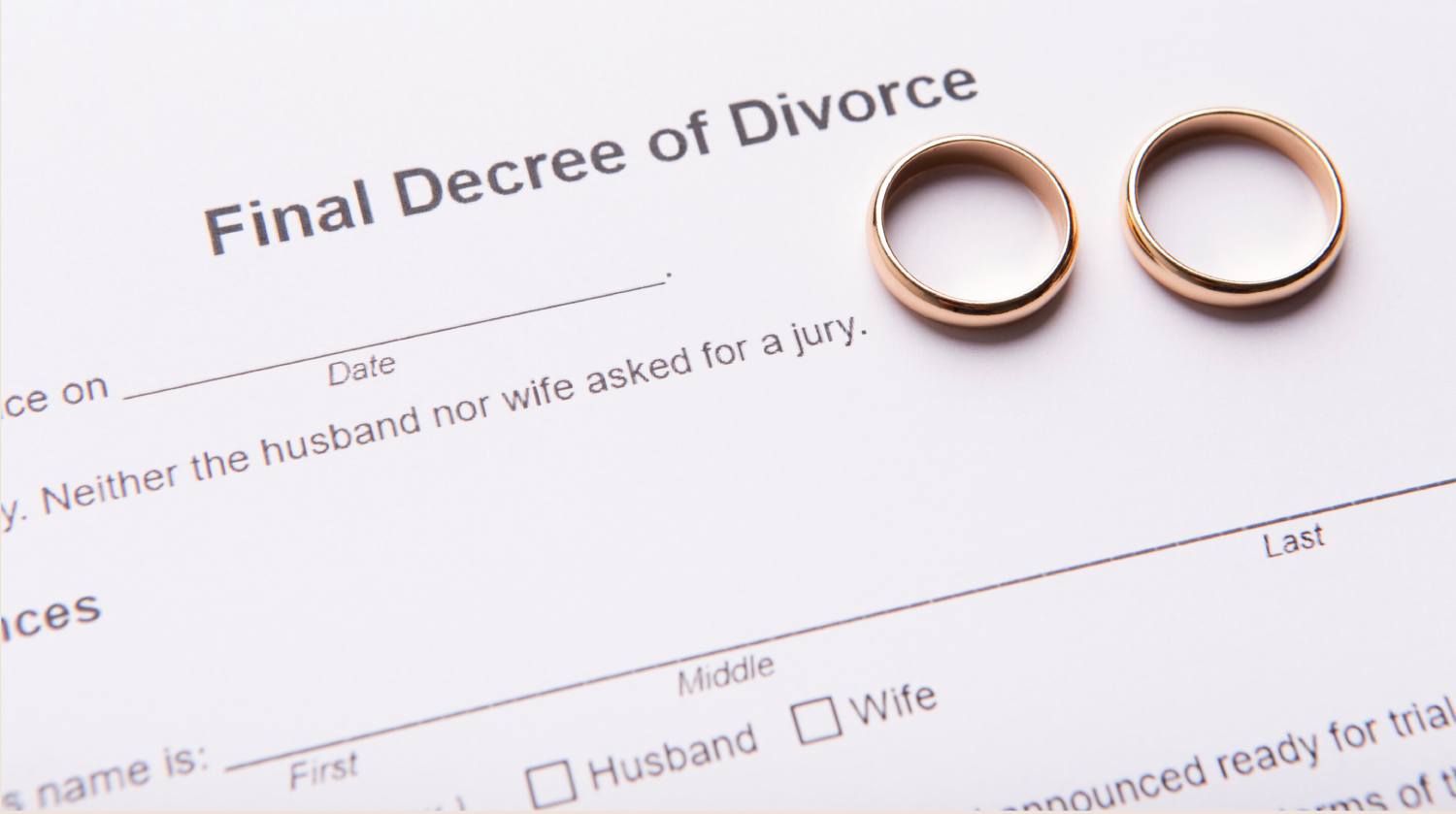The word “marriage” might bring to mind things like rings, romance, and vows, but in the legal arena, marriage is—first and for most—a contract. This means that you can’t just get divorced on a whim; instead, you’ll need to tell the court why.
In California, there are two legally acceptable grounds for divorce. These grounds tell the court why you want to break your marriage contract, and are a required part of any California divorce complaint.
Here’s what you need to know about grounds for divorce in California, why they matter, and what the Provinziano team can do to help you navigate these important matters.
What Are Divorce Grounds?
In legal speak, divorce grounds refer to the reason you want to get divorced. This why creates the legal foundation of your divorce, and must be cited in your initial divorce complaint, for it to be valid.
However, not just any reasons will do.
According to California family law, your “reason” for getting divorce must fall under one of two legally permissible grounds. These include:
Irreconcilable differences
Incurable insanity
Each of these grounds has specific elements that must be met, so it’s important to choose your grounds carefully, since the one you cite can drastically change the trajectory of your case.
Why Divorce Grounds?
Marriage might mean a lot of things to a lot of people, but in the legal world, it all boils down to one very simple thing: a contract.
Governments have a vested interest in promoting stable, long-term relationships. These partnerships tend to strengthen civil society and economic stability, which, in turn, helps reduce the overall need for government involvement. In addition, long-term couples often produce children, which helps keep the country’s population stable.
The institution of marriage is designed to help encourage these partnerships. In exchange for getting married, couples are granted certain benefits, such as tax write-offs, estate rights, legal protections, and an automatic presumption of parenthood, if children are born.
Because you’ve enjoyed such great perks while married, the court now wants to ensure you aren’t getting divorced on a whim. Divorce grounds help prevent that, by outlining the acceptable scenarios in which it’s legally permissible to do so.
Divorce Grounds in California: A Closer Look
Whether it’s in-laws, infidelity, or just plain falling out of love, the reasons people get divorced are just about as wide and varied as the ones that drove them to marry in the first place. So how can the court possibly restrict you to just two?
Luckily, the two divorce ground options in California are fairly inclusive, and there’s no reason to think you won’t be able to meet the requirements of at least one of them. Here’s what we mean.
1. Irreconcilable Differences
The first grounds for divorce in California, is for couples who have irreconcilable differences which have caused the irremediable breakdown of the marriage.
In legal speak, this essentially just means that you no longer get along, and there’s no reason to think that status quo will ever change. Remember when we said you didn’t have to worry about getting divorced in California? This particular grounds for divorce is why.
That’s because, in California, you don’t need to actually show proof that your marriage is irreparably broken, in order to cite these grounds. So long as one spouse thinks that there are irreconcilable differences in the relationship, then this wide-open catch all reason will permit a divorce. (It’s that simple.)
The second category of divorce grounds, however, isn’t quite as straight forward.
2. Incurable Insanity
According to California law, incurable insanity occurs when one spouse lacks the mental capacity to make legal decisions on their own behalf.
In these situations, incurable insanity may be cited in lieu of more traditional divorce grounds, so long as the condition is:
Present at the time you file for divorce; and,
A permanent condition that is unlikely to change.
But what is mental capacity? And how do you tell if someone doesn’t have it?
Unfortunately, the California Family Code does not have a clear definition of what behavior actually qualifies as “insane.” Based on case law, however, we understand it to encompass individuals with unsound, unstable, or derange mental conditions, which are so severe, as to affect their decision-making ability.
In most cases, this decision will likely come down to what kind of proof you have, and the opinions of your particular judge.
Medical proof is absolutely essential in these cases, and it won’t be enough to say your “spouse is just crazy.” Instead, you will be required to provide medical and/or psychiatric testimony to back up your claims.
In California, the person filing for divorce has the burden of proving these claims are true. And because this burden is often very difficult to meet, it’s usually simply better for couples to file for divorce under irreconcilable differences, instead.
Can Fault Be Grounds for Divorce in California?
In some states, the wrongdoing of one spouse—such as cheating, alcohol or drug abuse, and criminal activity—can be cited as grounds for divorce. This citation would trigger what’s known as a fault-based divorce.
In a fault-based divorce, judges are allowed to consider the guilt of one spouse over the other, and to hold them financially accountable, accordingly. California, however, is not one of those states.
Here, both of California’s divorce grounds are considered to be “no-fault.”
In a no-fault divorce, judges cannot consider a spouse’s wrongdoings, nor can those claims be used to affect things like the division of marital property and/or alimony. This, of course, does not mean that there hasn’t been fault in your breakup; it simply means that California courts are not interested in playing the Blame Game.
The only time fault might be considered in a California divorce, is in regards to child custody, especially if domestic violence was involved.
Do You Need Help Getting Divorced in California?
Divorce can be incredibly stressful, especially if you’ve never even heard of terms like “divorce grounds” or “fault.” Luckily, with the right attorney, this process doesn’t have to be as scary as it might sound.
If you have more questions about divorce grounds in California, and what that might look like in your situation, we want to hear from you. Call Provinziano & Associates at (310) 237-6179, or get in touch online, and let us help you navigate this important life transition.



